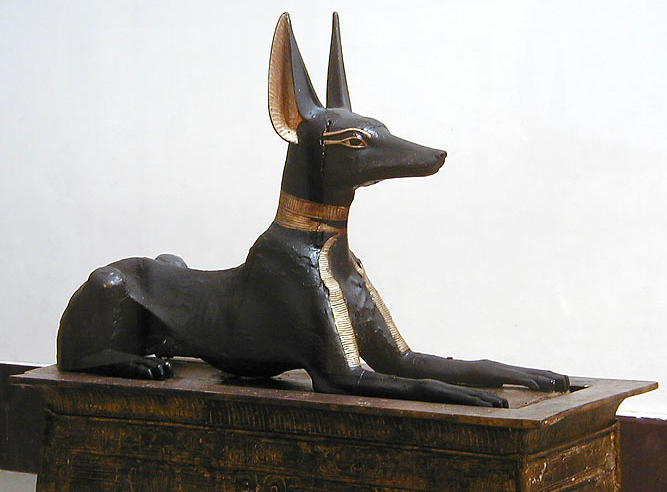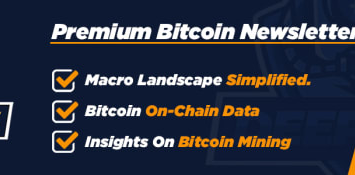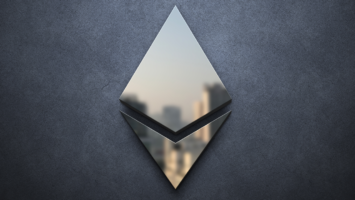The crypto space witnessed phenomenal growth in 2021. Buzzwords like nonfungible tokens (NFTs), decentralized finance (DeFi) and the Metaverse broke through to the mainstream and culminated in the crypto market peaking at over $3 trillion in November of 2021.
NFTs redefined arts and how they are acquired. DeFi revolutionized how we lend and borrow. The Metaverse birthed an alternate universe that we could all live and work in virtually. Play-to-earn (P2E) games paid gamers to do what they love.
Decentralized autonomous organizations, or DAOs, also had their moment to shine.
One of the most out-of-the-blue crypto headlines of 2021 is probably ConstitutionDAO. A hurriedly assembled group of United States constitution-loving crypto believers. The group raised more than $47 million in Ether (ETH) to purchase an original copy of the United States constitution at auction. The group ultimately fell short in its bid but the audacity of that endeavor brought DAOs power to crowdfund to mainstream attention.
The ingenuity of that move and what it nearly accomplished provides a template for how traditional crowdfunding could be better managed. ConstitutionDAO got tens of thousands of addresses to donate $47 million without a marketing team or a dedicated growth director.
Beat that GoFundMe.
DAOs currently have over $10.5 billion locked in different treasuries with over 1.7 million token holders, according to data from DeepDAO. But, what exactly are they?
DAOs are a system of hard-coded rules that define which actions a decentralized organization will take. They are leaderless member-owned communities. A DAO is essentially a co-op that governs itself using votes tallied through blockchain technology. Smart contracts run the entire group. A native token is usually developed for a DAO and used by members to vote on proposals.
DAOs are next on the ladder of modern crowdfunding
Digital crowdfunding platforms like GoFundMe, Patreon and Kickstarter have enjoyed massive patronage over the past 10 years. This growth can be attributed primarily to the nature of crowdfunding which is set up with minimal risk. This risk is spread across all contributors of a particular idea or startup.
Start-ups with financial needs will find that getting funding from traditional institutions is no easy feat. These institutions take on quite a lot of the risk involved in financing business ideas that could end badly. With a global economy still reeling from the pandemic, the accessibility and much less bureaucratic nature of DAOs as a tool for crowdfunding have been a primal factor in its growth.
Digitalized crowdfunding in the form of DAOs has eliminated some traditional limits of the financing form. The simplicity makes it a disruptive force to traditional crowdfunding methods.
Emmet Halm dropped out of Harvard to found DAOHQ. DAOHQ bills itself as the first marketplace for DAOs where users can find information about any DAO. The startup recently secured over $1 million in funding to develop the project.
Halm told Cointelegraph that the centralization of traditional crowdfunding sites like Gofundme will make DAOs a better alternative for investors. “I don’t think DAOs are going to replace crowdfunding sites, I think they have replaced them already,” he said, adding, “If you look at the kind of political pressure that sites like GoFundMe get for certain types of fundraisers, it makes them less attractive for raising funds.”
Recent: Blockchain and crypto can be a boon for tracking financial crimes
Blockchain technology allows for more reach
One perk of blockchain technology is that it is censorship-proof. This makes all applications built on blockchains censorship-proof as well. This removes restrictions that traditional crowdfunding sites might otherwise impose on individuals or businesses. In the United States, businesses are not allowed to raise more than $5 million in a year from crowdfunding websites.
GoFundMe does not process payments from China, Nigeria, Russia, Lebanon, Iran and a host of other countries. Nigeria is Africa’s largest economy while China is the world’s second-largest economy, yet residents of both economies can’t access the largest crowdfunding platform in the world. With blockchain technology, investors or donors from these countries can easily contribute to a DAO.
High flexibility and low regulation
The main goal of crowdfunding, being to raise capital to support a cause, can be hampered by stringent regulations. These regulations seek to ensure that all persons involved in a project are indemnified of the risk involved in funding a start-up. These measures are mainly counterproductive to startups due to the unstable nature of economies worldwide. New business policies and economic sanctions arise every minute that might weigh down heavily on startups.
DAOs are highly flexible and so far have minimal regulations from authorities. Every member that joins the DAO shares the risk among themselves (depending on their financial contributions) should the purpose of the DAO fail to materialize. The members of the aforementioned ConstitutionDAO who requested refunds received their money back, although gas fees were lost.


It’s feeless (mostly) and leaderless
Most crowdfunding platforms are profit-seeking companies in their own right. You do not raise funds on their platform for free. Using conventional crowdfunding platforms exposes you to fees that vary by platform and can be a fraction of whatever amount you submit for a project. With a modern ecosystem and cryptocurrency protocols, you can send money across borders without paying neck-breaking transaction fees.
DAOs also encourage public participation in a project as it leaves all decision-making processes to be made by all participants. This allows participants to have a sense of noteworthiness and let them be in charge of making their own decision based on popular support, or voting with the DAO’s token in this.
Furthermore, different crowdfunding platforms have restrictions on the type of marketing you can run to finance your cause. In February 2022, GoFundMe froze nearly $8 million in an account dedicated to Canadian truckers’ protests against COVID-19 vaccine mandates. With DAOs, such a restriction is virtually impossible. No third party sets the rule except the members of the DAO itself.
More work to be done
Crowdfunding is a tool for societal development, and DAOs are raising the bar, gaining legitimacy by the day and exploring different possibilities and breaking boundaries. As crypto adoption continues to grow, investors will look to explore hitherto unexplored niches in the industry. DAOs are an innovation whose time has come.
The decentralized nature of crowdfunding has made DAOs more popular over the years. As of April 2022, there were over 6,000 DAOs with a valuation of $10 billion in liquidity.
However, DAOs are far from perfect. Decisions can often take several rounds of discussions before they are concluded. The anonymity of members of a DAO platform also presents security risks of its own.
Last year, investors poured nearly $57 million worth of Ether into the dog-themed OlympusDAO fork, AnubisDAO, only for their funds to be rug-pulled.


Related: Investors rug-pulled after pouring $57M into dog-themed OlympusDAO fork
The aforementioned concerns have led some to ask: Are all DAOs going to make it?
With thousands of DAOs already in existence and more launching every day, many wonder when/if the DAO bubble will burst. For Emmet, the so-called “80-20” rule will come into play:
“I think DAOs are here to stay, but we may have an 80-20 situation where 20% of the DAOs get 80% of the result, leaving the remaining 80% to fizzle out and maybe die.”






















Comments (No)